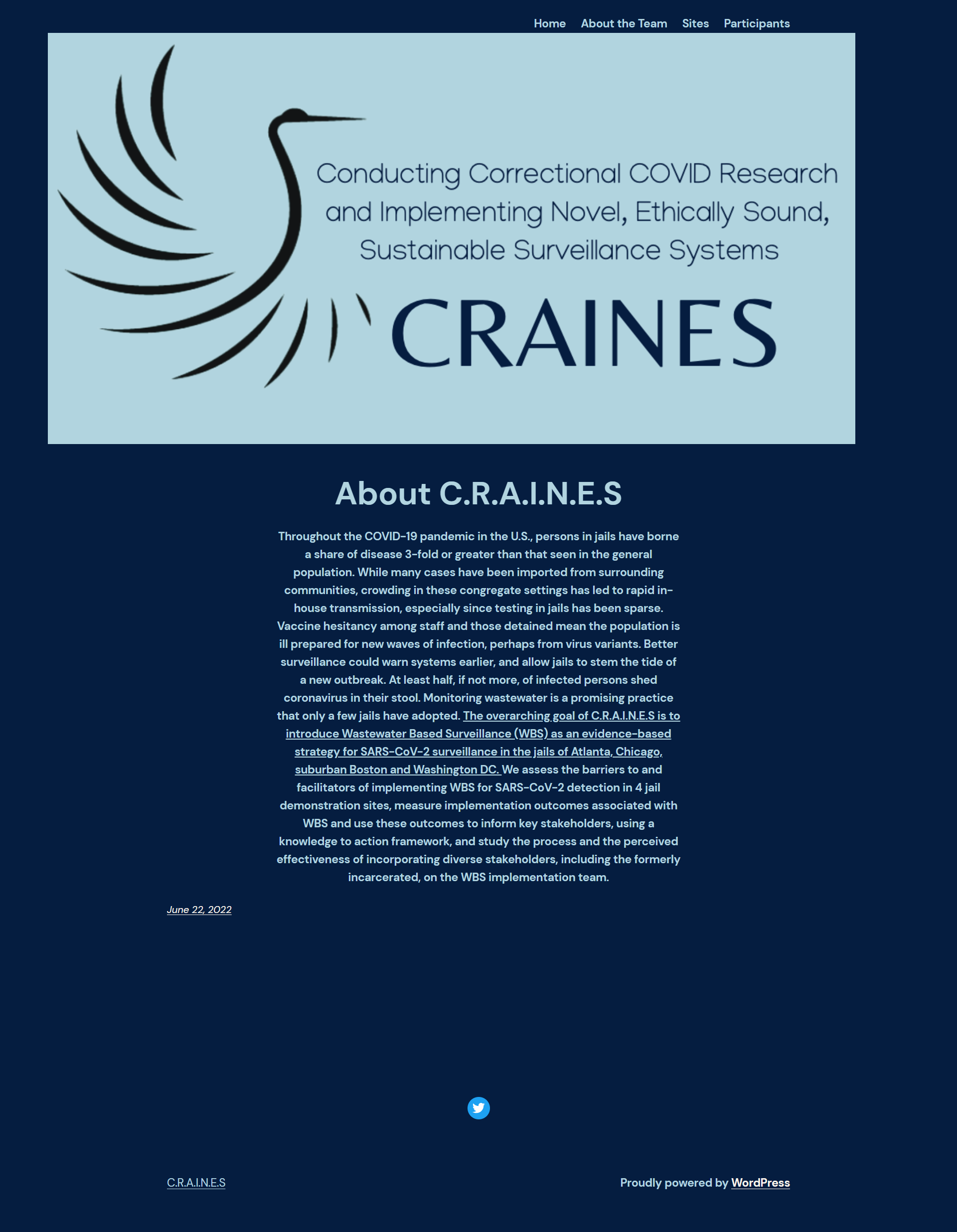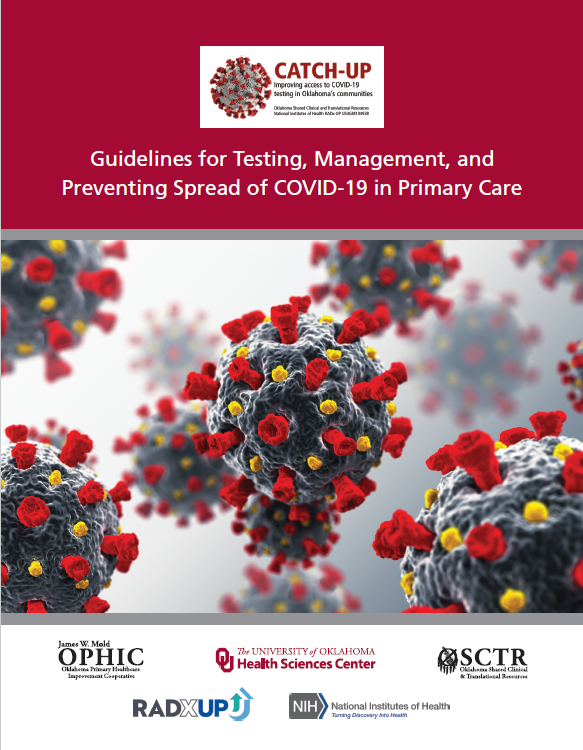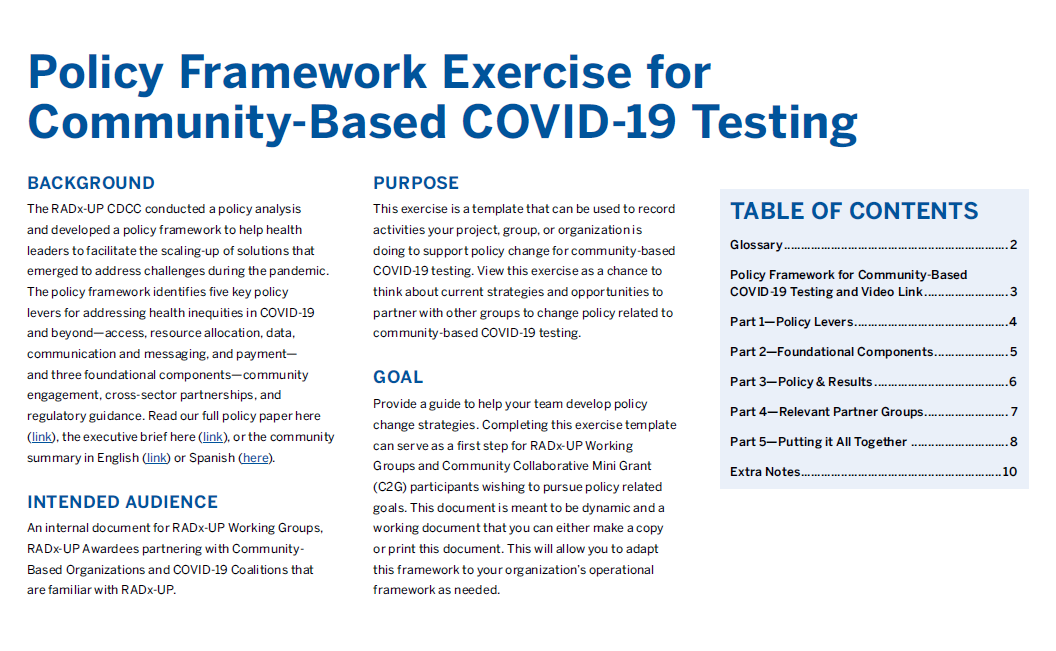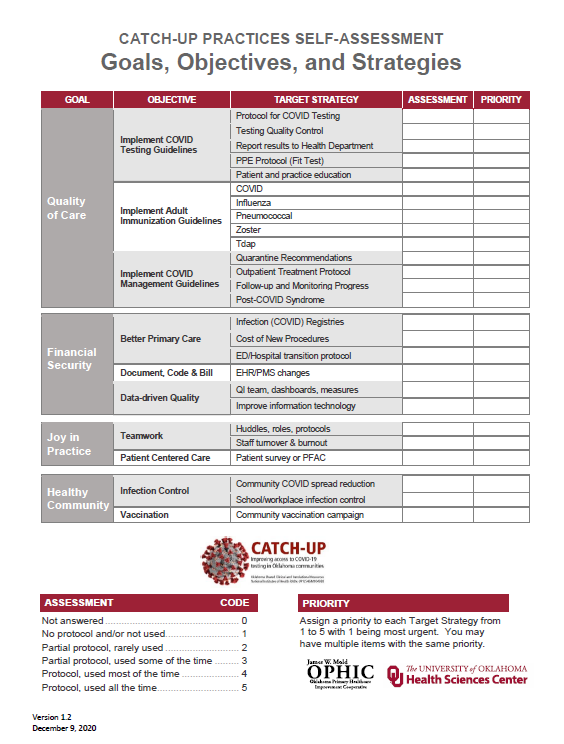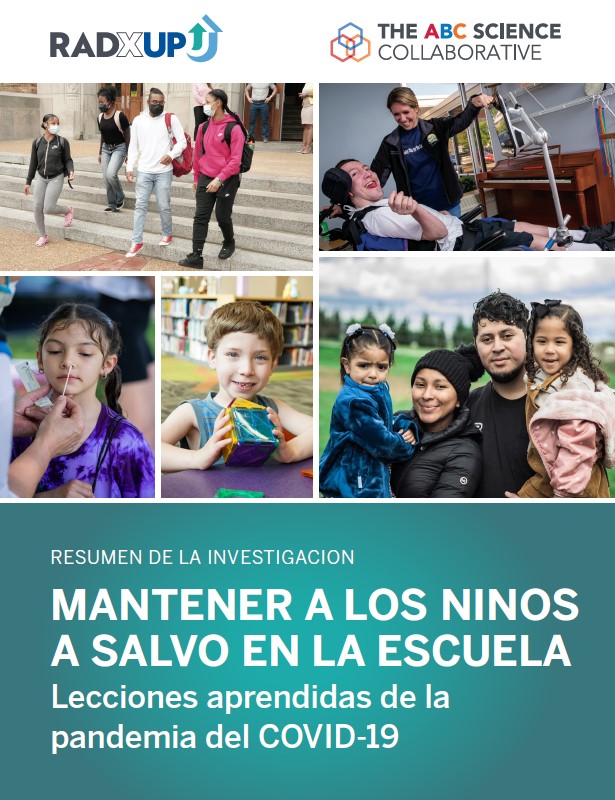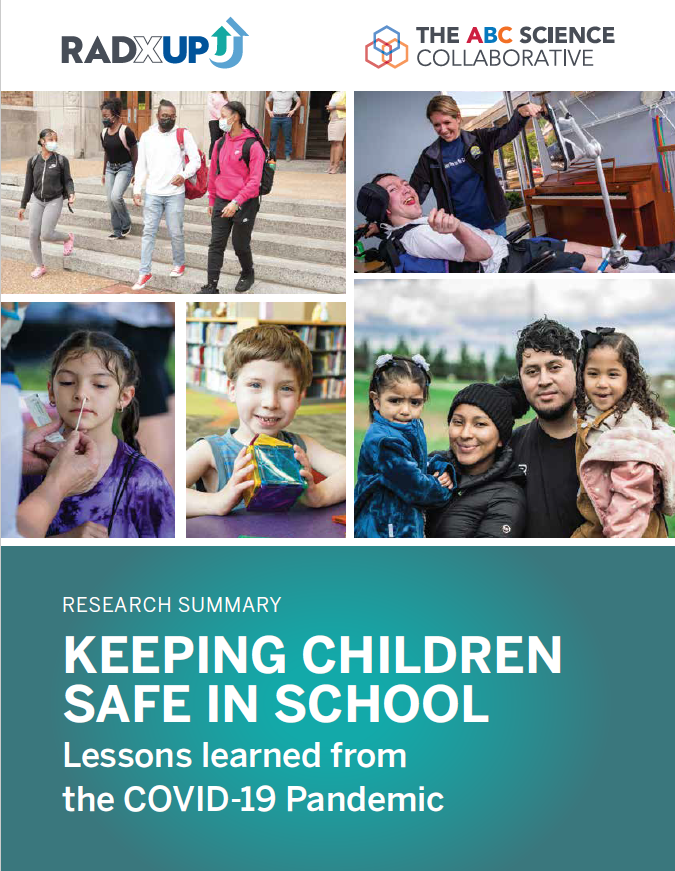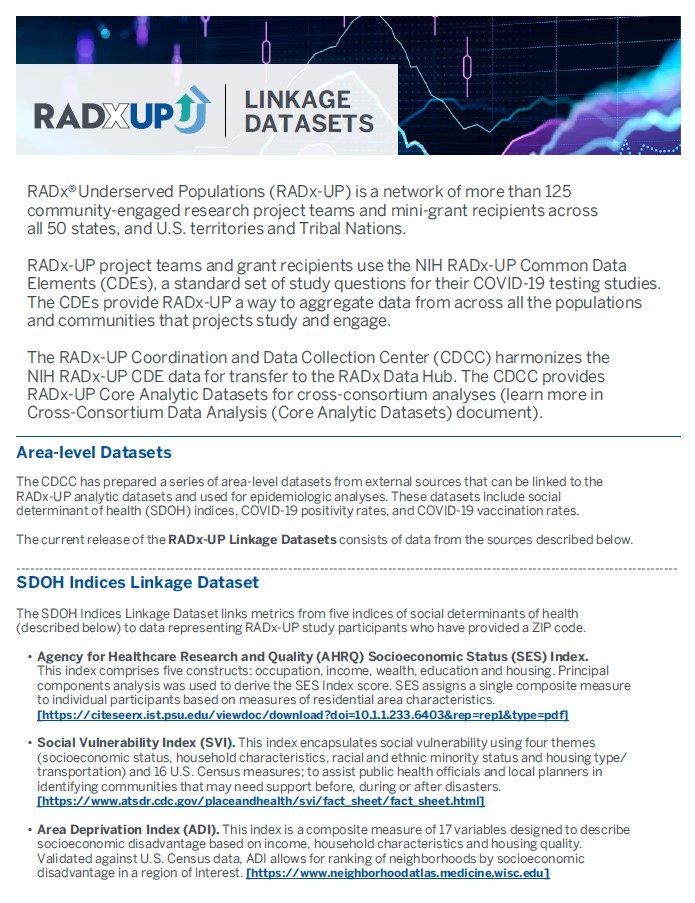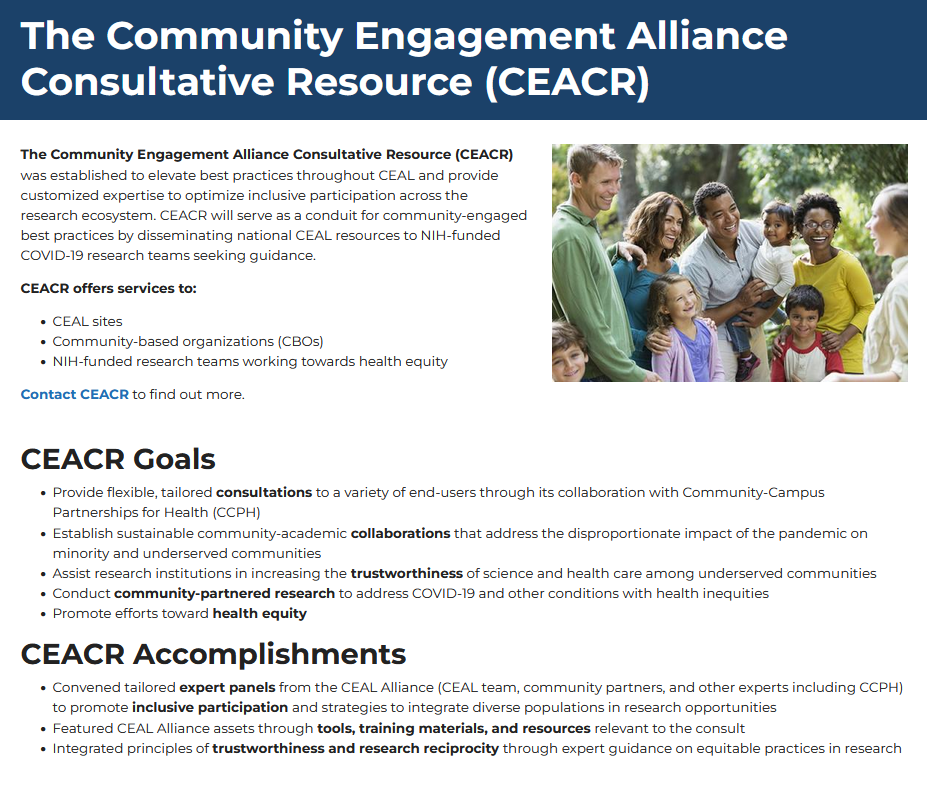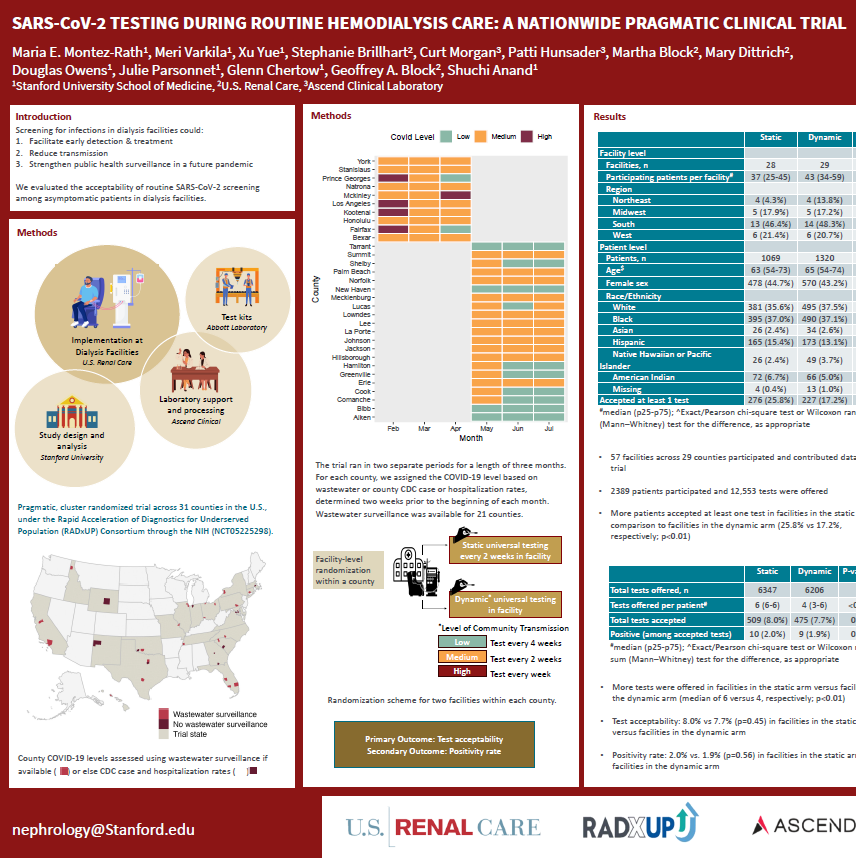
Research Tools
SARS-COV-2 Screening in Dialysis Facilities: Building an Optimal Strategy to Protect High Risk Populations
This poster highlights the Stanford Medicine Nephrology Divisions' screening for infections in dialysis facilities that could:
1. Facilitate early detection & treatment
2. Reduce transmission
3. Strengthen public health surveillance in a future pandemic
We evaluated the acceptability of routine SARS-CoV-2 screening among asymptomatic patients in dialysis facilities.
